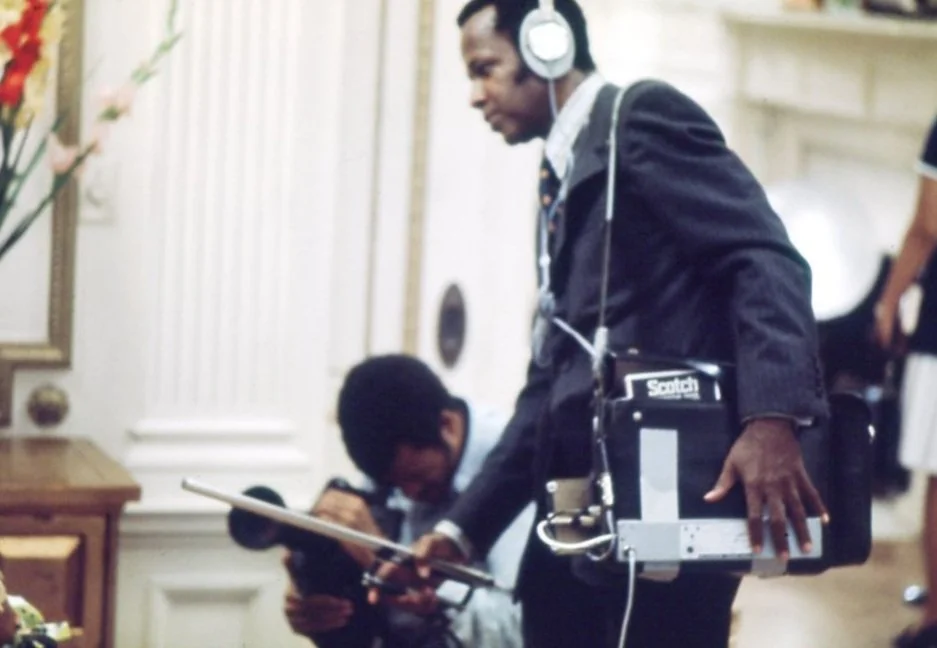About the Film
A decade after his death, one of the most significant and compelling filmmakers of the past century has one last trick up his sleeve: a trove of never-before-seen footage that he believed to be the most important he ever filmed.
Genre-defying director William Greaves searches for the divine origins of his own creativity at a cocktail party he masterminded in 1972 for the living luminaries of the Harlem Renaissance.
On a summer evening in 1972, a pivotal generation of Harlem Renaissance artists and intellectuals gathered at Duke Ellington’s townhouse. For over three hours, this extraordinary group - many of whom had not seen each other in fifty years - reminisced, critiqued, argued, laughed, and drank while wrestling with their place in a rapidly shifting cultural landscape.
Shot on 16mm film and newly restored, William Greaves’ historic, cinema verité footage is at the heart of a new documentary film that will explore the role of the artist, the value of art in society, and the divine alchemy that led to one of the most vibrant periods in modern cultural history, The Harlem Renaissance.
Directed by Greaves’ son David - one of three cameramen filming that day in 1972 - ONCE UPON A TIME IN HARLEM features artists Aaron Douglas, Richard Bruce Nugent, Ernest Crichlow and Romare Bearden, composers Eubie Blake and Noble Sissle, actor Leigh Whipper, poet Arna Bontemps, librarian Regina Andrews, activists Richard B. Moore and Louise Patterson, journalists Gerri Major and Ted Poston, historian John Henrik Clarke, theater impresarios Irvin C. Miller and Abram Hill, photographer James Van Der Zee, and more - as well as William Greaves himself.
Louise Archambault Greaves, William’s wife and creative partner of 55 years, co-founded William Greaves Productions in 1963. Following his death in 2014, she worked tirelessly to restore his films and worked until her final days to ensure this landmark project would finally be realized.
William Greaves
Best known for his experimental film about its own making, Symbiopsychotaxiplasm: Take One, Greaves was an influential independent documentary filmmaker who produced more than 200 films, winning scores of international film festival awards, an Emmy Award and four Emmy nominations.
Spanning documentary, narrative, and hybrid forms, Greaves’ films tell a vast, complex story about the struggle for social justice, equal opportunity, and basic respect. From the fierce battles for civil rights reflected in Nationtime and Black Power in America: Myth or Reality?) to acknowledging the remarkable achievements of inspiring leaders in Ida B. Wells: A Passion for Justice and Ralph Bunche: An American Odyssey) and the two uncategorizable, astonishing Symbiopsychotaxiplasm films, William Greaves’ filmography constitutes a unique and powerful portrait of the United States and its history.
William Greaves (with microphone) and his son David Greaves (behind camera) filming in 1972
The Film Team
Key Creative Team
David Greaves - Director
Liani Greaves - Producer
Anne de Mare - Producer & Editor
Lynn True - Editor
Advisors
Jon-Sesrie Goff - Ford Foundation
Thelma Golden - Studio Museum in Harlem
Stanley Nelson - Filmmaker
Marcia Smith - Firelight Media



